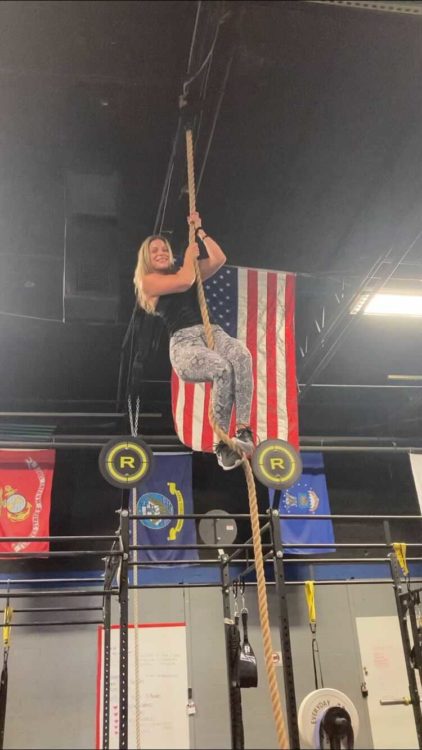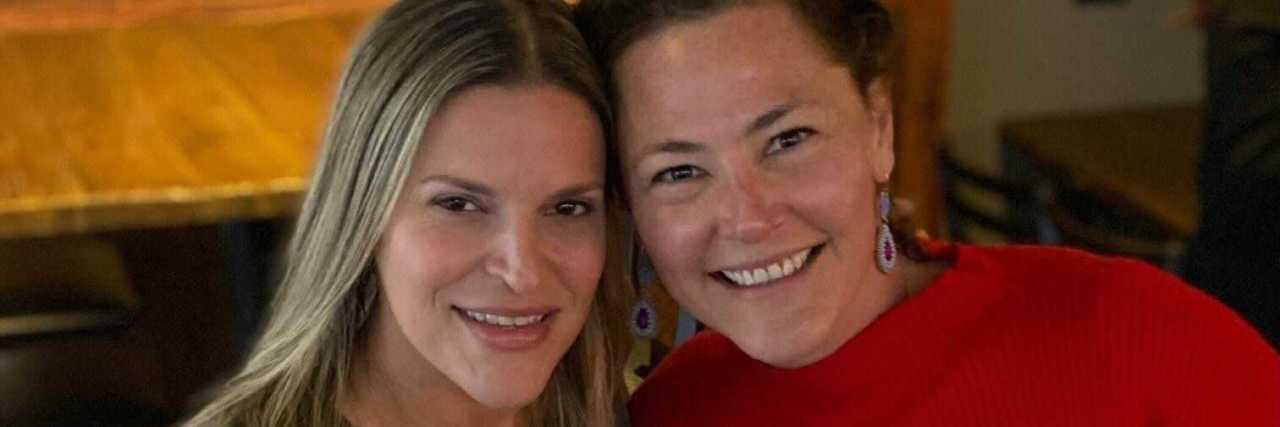When I was diagnosed with type 1 diabetes at age 37, it was life-changing. I went from being a stay-at-home mom who was focused on making sure her kids got off to school to someone who needed to inject 15 units of long-lasting insulin before my feet even hit the floor each morning. It was quite an adjustment, and it has taken a lot of time to get used to and accept. The things that used to seem so stressful I now take in stride. Having a chronic disease changes your perspective, perhaps for the better.
Before I had my children, I had a career in publishing, a job in the heart of Manhattan that offered tons of opportunities. I loved what I did, and I loved the people. But I think I’ve always truly belonged in a field where I can help people. Truth be told, I did get accepted to Fordham University for a Master’s in psychology, but I passed on it to see what the big city had to offer. But I always knew something was missing. I longed to make a difference.
When I got my diagnosis of type 1 diabetes, I felt very isolated and alone. After all, only 5% of all people with diabetes are type 1, and I didn’t know much about it. I found myself surfing the web, looking for information and a place to connect. It wasn’t before long I found the DOC (diabetes online community), which offered knowledge, experience, support, and friendship. The community took me by the virtual hand and walked me through the first few years of adjustment. I will be forever grateful.
Thanks to the encouragement of my newfound peers, I was able to learn about the proper way to eat, not only for my diabetes but for my weight management and long-term goals. I stepped out of my comfort zone and tried CrossFit, and now, six years later, I can’t imagine ever doing another form of exercise. I got brave and started wearing a continuous glucose monitor, and even had someone FaceTime me to give me a tutorial on how to use it. That kind of support was priceless. I’m a much healthier person than I was prior to my diagnosis.

I knew I had to pay it forward. I knew that any time someone new joined one of our Facebook support groups, I would have to stop whatever I was doing and offer my help. I had been in their shoes, and the support of our “diabuddies” proved to be much more helpful mentally, emotionally, and physically than those on my health care team.
It wasn’t long before I helped a local friend start local meet-ups. There was one woman about my age who joined one a few summers back. She had had type 1 for a very long time, but didn’t know anyone else with the condition. She was unaware of many of our tips and tricks for managing blood sugar, and she was intimidated by the glucose monitoring system. Due to the financial cost of our disease, she was looking for a new profession. I knew I could help her, or at least try.
I decided to tell her to bring her monitoring system to our next meet-up event. She was understandably unsettled by the idea of sticking this very intimidating little apparatus on your body and leaving it there for over a week. We all calmed her fears, and I helped her apply it. Soon she was up and running, ready to improve her blood sugars thanks to this amazing technology.
She left the meet-up with a new medical device and new friends that could become a support system moving forward. I also offered her some work as a freelancer with Diabetes Daily, and I sent her resume to a friend in the music industry — her passion. I couldn’t have been happier that the meet-up was such a success for her.
Thanks to my job, I am able to do good deeds daily. I help people find low-carb pasta in Peru, extend their glucose monitor (a great hack that can save you a ton of money), and find the right endocrinologist. I can send articles that answer questions asked on our forum or social media. I may not always be the best diabetic myself, but I am lucky to know how to do better, and I am eager to share what I know with others.
Thanks to type 1 I am smarter, stronger, and more resilient than ever. Type 1 gave me a career I love, a sport that doesn’t feel like exercise, and the tools I need to succeed in my weight management. I have found a silver lining in a chronic and exhausting disease. I hope to share that mindset and inspire others who may need a glimpse of hope!
Many have suffered from diabetes especially in old age, having to deal with diabetic neuropathic ulcerations and the careful need for diabetic wound management and wound care clinicians.

